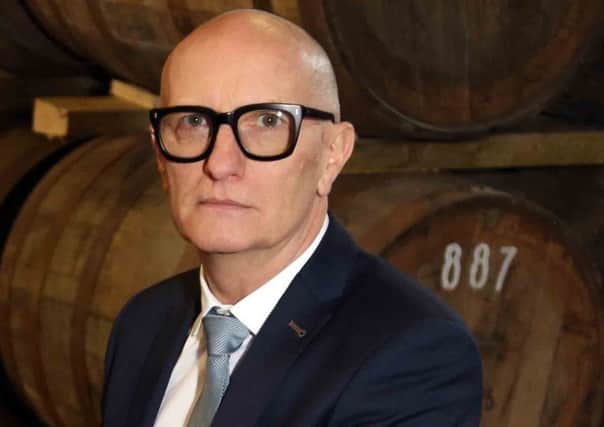Latest water price hike ‘a threat to business’ says Hospitality Ulster


Colin Neill said the imposition of an extra 2.7% on charges for water and sewerage services from April, following a 3% rise this time last year had made the hospitality sector one of the most heavily taxed.
“Many don’t realise that this seemly small percentage water price increase has a huge impact on the hospitality sector as we are not only charged for water coming in, but also for sewerage going out.”
Advertisement
Hide AdAdvertisement
Hide Ad“To pay for the extra charge of around £100 on top of the already high-water charges, a typical business in the hospitality sector needs to make £500 more to cover that cost. Decreasing margins means that this will take a longer time to offset the newly inflated bill and is simply unsustainable.”
Mr Neill said news of the latest rise in service charges comes on top of a recent jump in business rates which have increased in some areas as much 4%.
“As a comparison, many businesses in GB with a NAV of £51,000 get 30% business rate relief, so, for example a pub in Sheffield with a rateable value of £37,750 will save £6,178 in business rates next year, whilst the same pub here gets nothing – this doesn’t stack up and shows how far behind we are here.
“Our members are being hit with cost rises on a regular basis. This is death by a thousand hikes and needs to be curtailed as they are becoming increasingly unmanageable.
Advertisement
Hide AdAdvertisement
Hide Ad“This just won’t wash with our members who are basically having to pay to supplement the inefficiencies of NI Water.”
NI Water finance director Ronan Larkin said NI Water, too, had been hit by rising inflation, increasing the cost of providing water and sewerage services.
“My message to businesses is that in real terms, they are still paying a bit less than they were in 2015,” he said.
“Most of our funding comes from government sources and we have to compete for funding with all the services here in Northern Ireland.
“The message we get back from users and not least industry, is that they want to see the right amount of money being invested in water and wastewaster infrastructure here.”